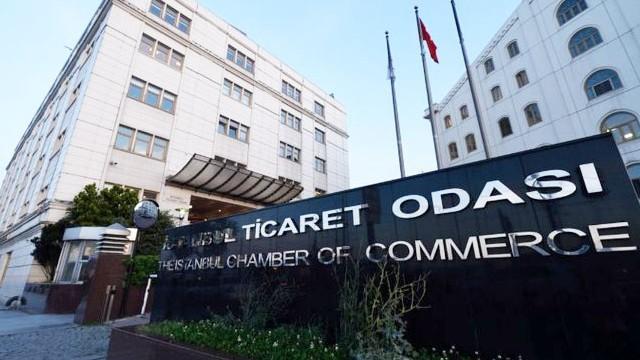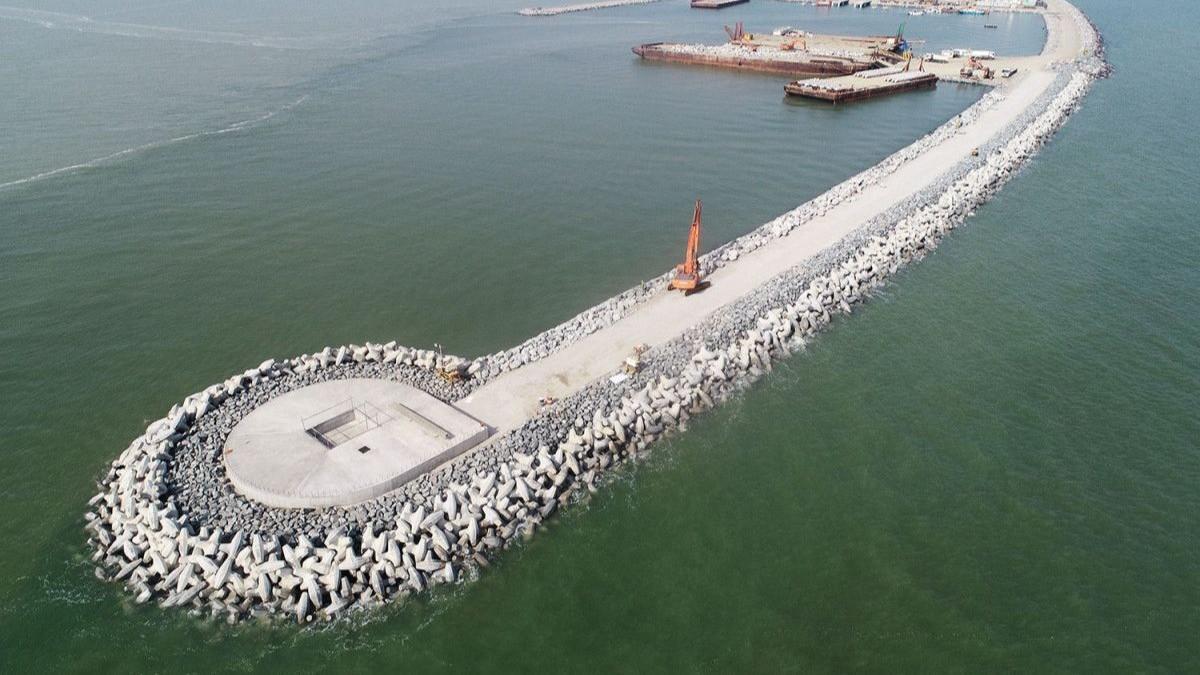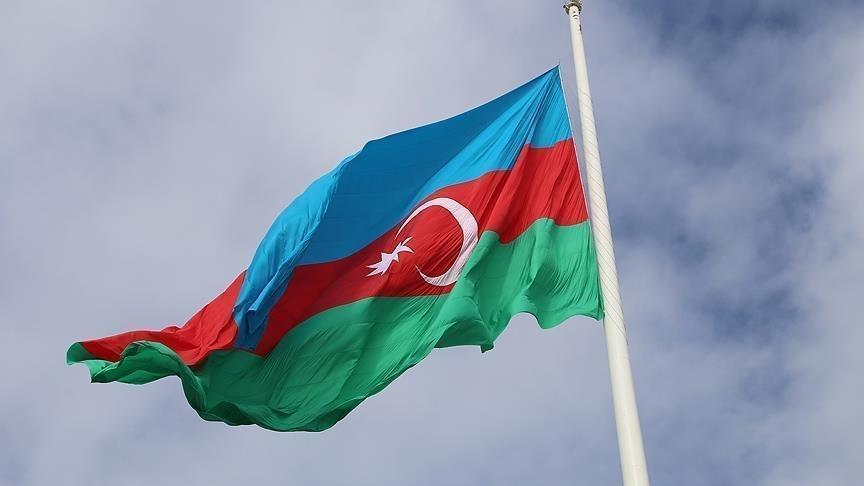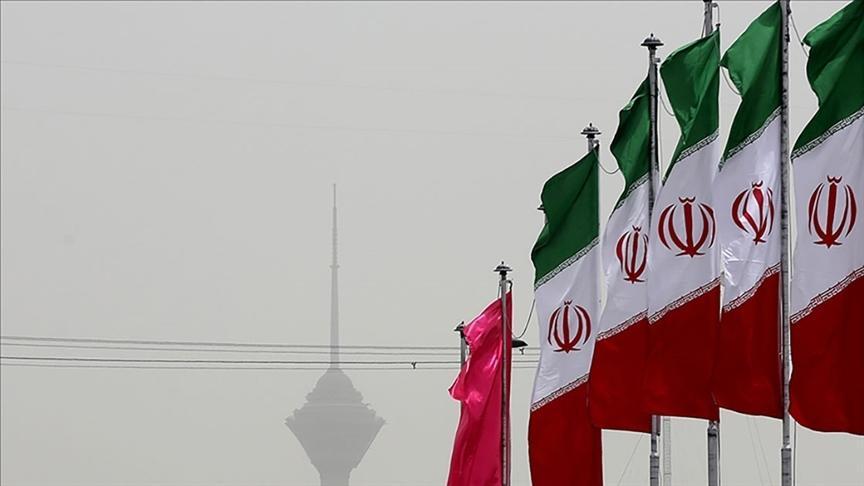Erdoğan adds Barzani to Turkey’s Kurdish bid
Turkish Prime Minister Tayyip Erdoğan was aiming at hitting a few birds with one stone when he planned his Diyarbakır visit over the weekend.
One of them was to bring a new impetus to his initiative, started a year ago, to open dialogue with the outlawed Kurdistan Workers’ Party (PKK) in pursuit of a political solution for Turkey’s Kurdish problem. There were criticisms from the PKK and the Peace and Democracy Party (BDP) in Parliament, which share the same grassroots that the government was dragging its feet and was not coming up with a new step to reanimate the process.
Erdoğan pulled a new rabbit from his hat and said he hoped “those up in the mountains will be down and the jailhouses will be emptied” soon. That was a message to win the hearts and minds of perhaps not the PKK leadership in the Kandil Mountains of Iraq, but the Kurds whose kids are recruited by the PKK for its armed campaign, lasting over the past 30 years, with an average life expectancy of 2.5 years there. Even the “Özgür Gündem” daily, which is close to the BDP, yesterday admitted that it was something new with its “Only promises are not enough” headline.
Another target was to remind the PKK and its imprisoned leader Abdullah Öcalan that there is another strong actor in Kurdish politics and is also influential among Kurds in Turkey, like Masoud Barzani, the president of Iraq’s Kurdistan Regional Government (KRG). When they first heard about Barzani, the PKK and the BDP reacted, but could not resist the respect shown to Barzani from ordinary Kurds in Diyarbakır and had to give a red carpet treatment to him.
Erdoğan’s meeting with Barzani in Diyarbakır not only brought a competitive motivation to Erdoğan’s Kurdish bid, but also added him to the initiative as a party. A day before the Diyarbakır meeting, Gültan Kışanak of BDP said in her call in Germany that a “third party,” preferably a “Western state with expertise” (possibly pointing to the U.K. or Spain) should be added to the process as an observer. Now after Diyarbakır, Barzani could well be thought as a “third party;” after all, the PKK headquarters in Kandil is technically under Barzani control.
With the inclusion of Barzani, Erdoğan also managed to distract the attention of Kurdish public opinion from the manipulation of the PKK, who is running an ambitious campaign to support autonomy for the Kurdish region of the civil war hit Syria (they call it Rojawa), also as a part of their talks with Erdoğan.
A third target has rather cross-border dimensions. The Barzani visit to Diyarbakır took place at a time when oil and gas pipeline talks between Turkey and Iraq (both with the Nouri al-Maliki government in Baghdad and Barzani’s KRG in Erbil) are approaching its final stages. New pipelines to carry Iraqi riches to European markets are expected to increase interdependence between both Iraq and Turkey and between Shiite and Kurdish parties within Iraq.
It is worth noting Erdoğan had asked his Foreign Minister Ahmet Davutoğlu to postpone his departure for the U.S. another day and talk to Barzani in Diyarbakır. Davutoğlu had been in Baghdad to talk to Iraqi officials last week and following his contacts in U.S., he will fly to Russia and escort Erdoğan there, all this week; his next stop will be Iran . It should not be a surprise that the “solution spring,” as Erdoğan calls it, in 2014 comes with new energy deals.
Finally, Erdoğan aimed to win Barzani’s support for the coming local elections on March 30, 2014. Barzani gave his full support, not to Erdoğan’s ruling Justice and Development Party (AK Parti), but his initiative, which for many locals it might well be perceived as de facto support for Erdoğan’s candidates.











